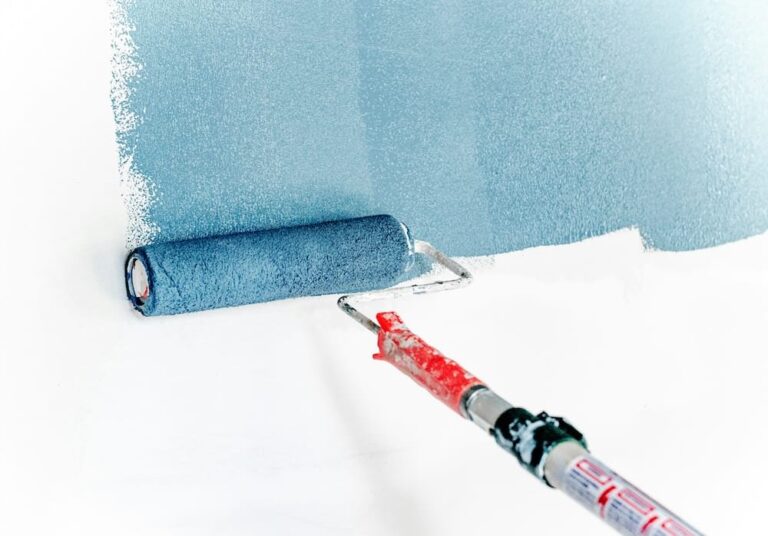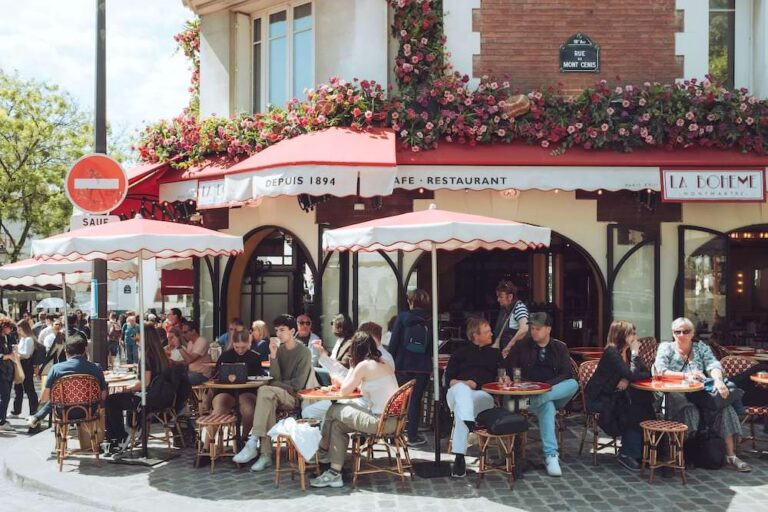fond
The French word “fond” is a versatile and frequently used term with multiple meanings depending on context, including bottom, base, depth or foundation.
Principal Meanings of “Fond”
1. As a Noun: “Le fond”
Bottom or Base In its most literal sense, “le fond” refers to the bottom part of something, whether physical or figurative:
- Le fond d’une piscine (the bottom of a swimming pool)
- Le fond d’un tiroir (the bottom of a drawer)
- Le fond de la mer (the seabed/ocean floor)
Background “Fond” can refer to backgrounds in various contexts:
- Le fond de l’image (the background of the image)
- Un fond bleu (a blue background)
- Musique de fond (background music)
Depth or Core It can signify the deeper essence, core, or substance of something:
- Le fond du problème (the heart/core of the problem)
- Au fond de mon cœur (deep in my heart)
- Dans le fond (basically/essentially/at heart)
Foundation “Fond” can refer to the foundational aspects of something:
- Le fond d’une théorie (the foundation of a theory)
- Sur le fond, je suis d’accord (on the substance/merits, I agree)
2. As an Adjective: “Fond” (masculine) / “Fonde” (feminine)
When used as an adjective, “fond” means “deep” in a figurative sense:
- Une admiration fonde (a deep admiration)
- Un sommeil fond (a deep sleep)
However, this adjectival usage is less common in modern French, with “profond(e)” more frequently used instead.
The Adverbial Phrase “À Fond”
The expression “à fond” is one of the most versatile and commonly used phrases involving “fond.” It merits special attention due to its frequency in everyday French and the variety of contexts in which it appears.
Core Meanings of “À Fond”
1. Thoroughly/Completely “À fond” often expresses the idea of doing something thoroughly, completely, or to the fullest extent:
- Connaître son domaine à fond (to know one’s field thoroughly)
- Étudier un sujet à fond (to study a subject in depth)
- Explorer une idée à fond (to explore an idea thoroughly)
2. All-Out/Full Speed In contexts related to speed, effort, or intensity, “à fond” means “at full speed,” “flat-out,” or “with maximum intensity”:
- Rouler à fond (to drive at full speed)
- Courir à fond (to run at full speed)
- Pousser la machine à fond (to push the machine to its limits)
3. Wholeheartedly/With Complete Commitment “À fond” can describe throwing oneself into something with complete commitment:
- S’investir à fond dans un projet (to invest oneself fully in a project)
- Soutenir quelqu’un à fond (to support someone wholeheartedly)
- S’engager à fond (to commit oneself completely)
Common Expressions with “À Fond”
À fond de train Meaning “at full speed” or “at a gallop”:
- Ils sont arrivés à fond de train (They arrived at full speed)
À fond la caisse A colloquial expression meaning “at full speed” or “flat-out”:
- Il roulait à fond la caisse sur l’autoroute (He was driving flat-out on the highway)
Mettre les gaz à fond Literally “to put the gas at maximum,” meaning to accelerate fully:
- Le pilote a mis les gaz à fond pour dépasser (The pilot accelerated fully to overtake)
Y aller à fond Meaning “to go all in” or “to give it everything”:
- N’hésite pas, vas-y à fond ! (Don’t hesitate, go all in!)
À fond les ballons A colloquial expression meaning “with full force” or “giving it everything”:
- L’équipe a joué à fond les ballons (The team played with everything they had)
À fond de cale Literally “to the bottom of the hold,” originally a nautical term meaning “fully loaded,” now used figuratively:
- Le bateau était chargé à fond de cale (The boat was fully loaded)
Usage Examples in Context
- “Le bateau a coulé et repose au fond de l’océan.”
(The boat sank and rests at the bottom of the ocean.) - “Je préfère peindre sur un fond blanc.”
(I prefer to paint on a white background.) - “Au fond de moi, je savais que c’était la bonne décision.”
(Deep inside me, I knew it was the right decision.) - “Cette théorie manque de fond.”
(This theory lacks substance.) - “Il fonce à fond dans sa carrière.”
(He’s going all-out in his career.) - “Pour bien comprendre ce texte, il faut aller au fond des choses.”
(To understand this text well, you need to get to the bottom of things.) - “Le fond de l’air est frais ce matin.”
(There’s a chill in the air this morning.) - “Sur le fond, je suis d’accord, mais pas sur la forme.”
(I agree with the substance, but not with the form/approach.) - “Elle connaît la littérature française à fond.”
(She knows French literature thoroughly.) - “Les enfants écoutent leur musique à fond.”
(The children are listening to their music at full volume.) - “Pour réussir, il faut s’impliquer à fond.”
(To succeed, you must fully commit yourself.) - “La voiture roulait à fond sur l’autoroute déserte.”
(The car was driving at full speed on the empty highway.)
Etymology
The word “fond” comes from the Latin word “fundus,” which meant “bottom,” “base,” or “foundation.” This Latin root has given rise to numerous words in Romance languages, including:
- In French: fond, fondement, fondation, fonder
- In English: foundation, fundamental, profound
- In Spanish: fondo, fundar, profundo
- In Italian: fondo, fondamento, fondare
The evolution from Latin “fundus” to French “fond” represents a typical phonological development in the transition from Latin to Old French, where certain consonant clusters were simplified.
Related Words and Derivatives
- Fonder (verb): to found, to establish
- Fondement (noun): foundation, basis
- Fondation (noun): foundation (organization or structural)
- Fondamental (adjective): fundamental
- Effondrer (verb): to collapse
- Approfondir (verb): to deepen, to explore in depth
- Profond (adjective): deep






